Difficult hours for the Orthodox at the Church of the Immaculate Conception as Khartoum is ablaze with bombings and shelling.
Orthodox Christians everywhere celebrated Easter, the greatest holiday of Christianity. But for Metropolitan Savva and a handful of frightened people in his church, this Easter is like “Golgotha”.
Text by Vassilis Galupis
Their lives hang in the balance, helpless, surrounded by gunfire and explosions from all sides, they have only one way out – faith.
The number of victims in Sudan is growing every day. Hostilities between the Sudanese army and the militias continue. Armored tanks, artillery and planes bring death and fill the wounded in the only nine hospitals that operate in the face of water and electricity cuts. Neither side shows signs of retreat.
In a church in Khartoum, the metropolitan of Nubia and all Sudan is fighting his own battle. In the Orthodox diocese of the Sudanese capital, the Church of the Immaculate Conception, at least 15 people were trapped. Greeks, Sudanese, Russians and Ethiopians. All of them are Orthodox.
“You don’t even risk opening the door,” Metropolitan Savvas said yesterday in an interview with ERT. Two Greeks who were wounded on Holy Saturday by fragments of explosives are in a stable condition. “Fighting continues, there is no electricity and water,” the metropolitan said.
The fighting continued yesterday for the third day. The day before yesterday, during the next message, the metropolitan spoke on one of the channels, and the sound was interrupted due to shelling. “It’s impossible for anyone to get out,” he said. “I have people who have been locked in here since Saturday morning, when the service was held.”
The troubled African country has again turned into a war zone. With a population of 47 million, it is the 10th largest country in the world, occupying 1,886,000 km², which is like France and Ukraine together.
But poverty in this resource-rich country is unbelievable. Out of 192 countries in the world, it ranks 155th in terms of poverty. Slave trade, civil wars, coups and hundreds of thousands of deaths make up its bloody history.
Christians make up a small percentage of the population, Islamists – more than 90%. The last 72 hours have been chaos and international concern has not been enough to stop the civil war. Inside the Church of the Immaculate Conception in Khartoum, those trapped are going through the most difficult hours of their lives. The metropolitan now has a lot of hardships.
He has been carrying out his missionary work on the African continent for more than two decades. He was born in Halki and in an interview five years ago he explained why he decided to leave his island: “I accidentally ended up in Alexandria, in the patriarchy, where I liked it, and I stayed. From there my journey to the African continent began. Many people think that the mission consists only in baptism. The mission is multidimensional and multifaceted. The main goal is the Christianization of those who desire it.”
The Nubian diocese includes Sudan, South Sudan and Eritrea. The Metropolitan has been there since 2015. In 2018, he described to the newspaper Demokratiki tis Rhodes:
“Our life here has many difficulties. In Burundi we had water but no electricity. In Ghana we had electricity 12 hours a week but no water. In Africa you have either water or electricity or telephone. You can’t have all three together. In Sudan, the problem with electricity remains, and the water in the pipeline comes directly from the Nile, it is not filtered. The most difficult thing is diseases. You do not know what and when you will get sick.”
This is not the first time the metropolitan has been caught in the crossfire. He spoke almost prophetically:
“We conquered fear in Africa. I was in Burundi after the civil war, where the situation was especially difficult. Every night you could hear grenades, explosives, shooting. The roof of my house was riddled with bullets. Life in Africa is difficult. It’s an adventure and a great experience. If you survive… I don’t know and can’t understand what keeps me here.”
In Burundi, he found a church that the Greeks abandoned in 1959. At that time, 15,000-20,000 of our compatriots lived there. When the Metropolitan left, there were only 80 of them left. But they still built two more churches, schools, clinics. In Khartoum, he said, Christians and Muslims coexist harmoniously. According to him, about 4,000,000 Orthodox live there. Copts. There are 2500 Orthodox Greeks. There is only one church in Khartoum. “The balance is very fragile,” he later stressed.
Since childhood, when he lived in Halki, he wanted to become a priest. He regularly visits his island, misses the sea. Whenever he comes to Greece, he takes the necessary immunological tests for various diseases: “We have a lot of suffering and worries that most people cannot understand. We live in dust, at high temperatures, one without water, the other without electricity.. .
METROPOLIT SAVAS His Eminence Metropolitan of Nubia.
Vasilios Himonetos was born in 1971 in Halki. Graduated from the Faculty of Social Theology of the Theological School of Athens. In 1991 he was ordained a deacon, and in 1993 a presbyter. In 1991-2000 he served in the Metropolis of Rhodes, and then moved to the Patriarchate of Alexandria. On October 11, 2009, in the Patriarchal Church of St. Sava, he was ordained bishop of the newly created diocese of Burundi and Rwanda. On November 21, 2012, he was elected Metropolitan of Accra, and on November 24, 2015, he was elected Metropolitan of Nubia.
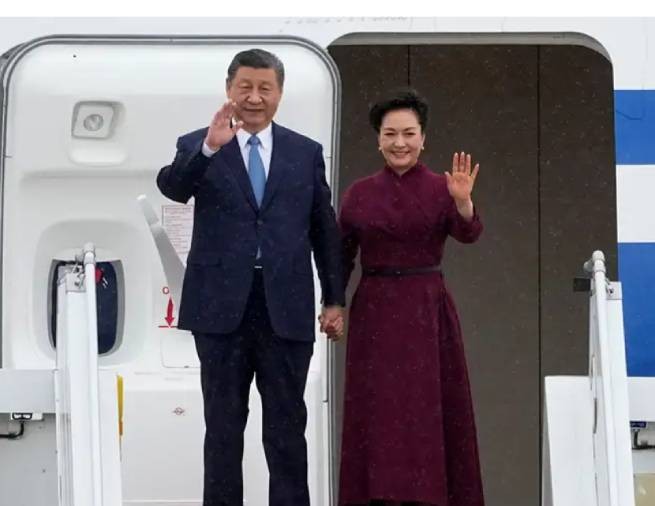
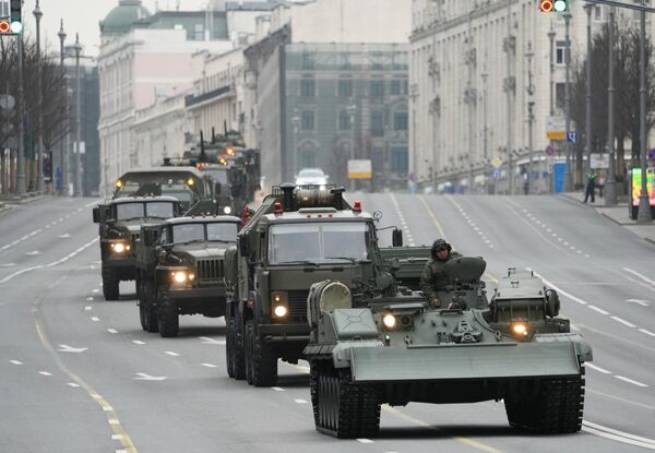
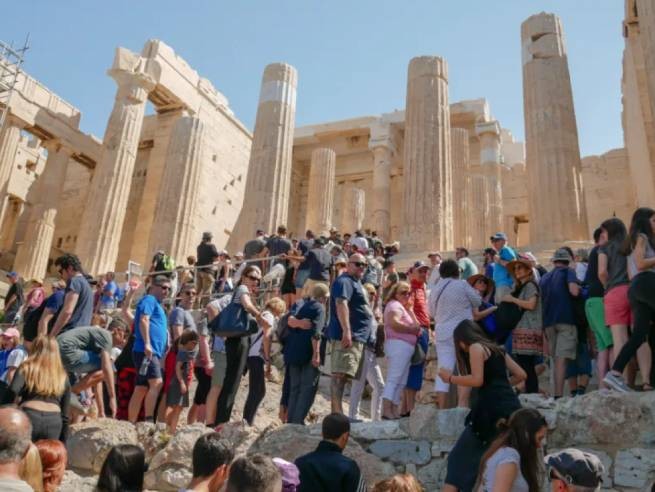
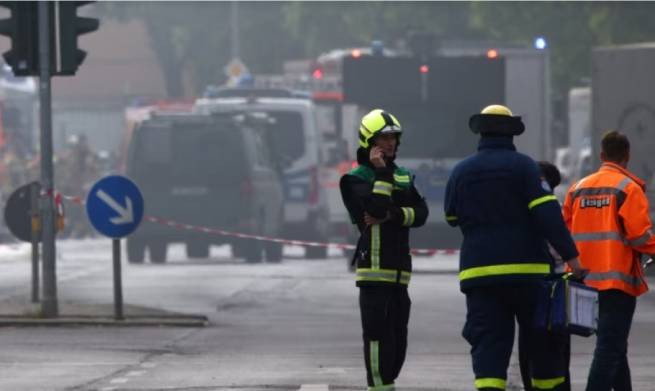
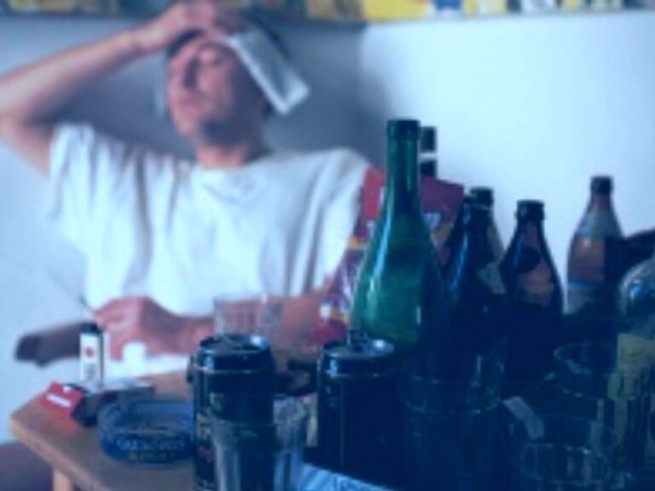
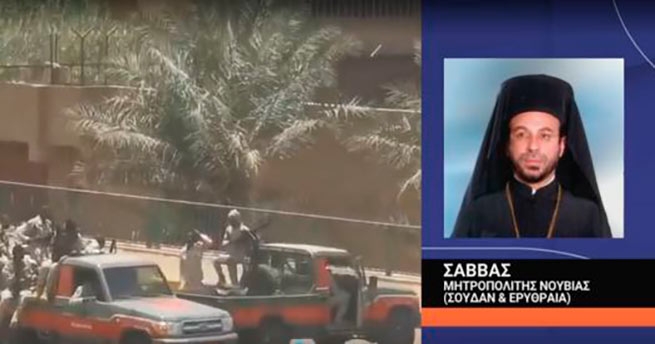

More Stories
Financial Times: Russia is actively preparing sabotage in Europe
Shock: Drag queen will carry the Olympic flame in Paris
Greece consistently ranks last in the EU for media freedom